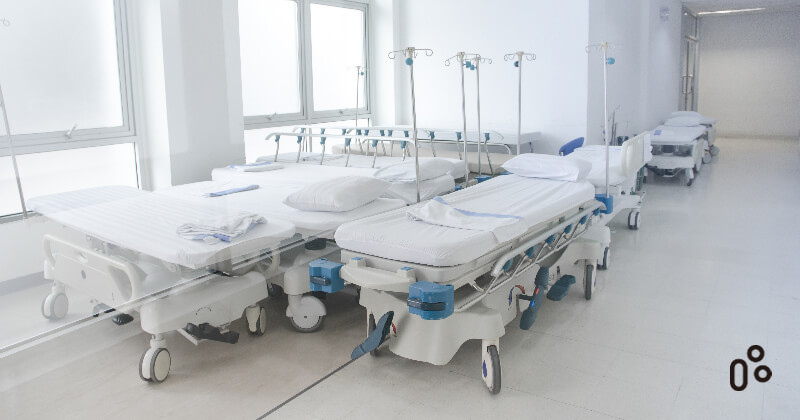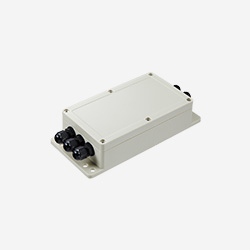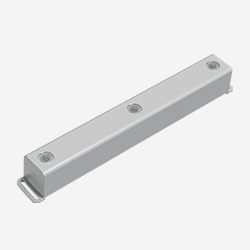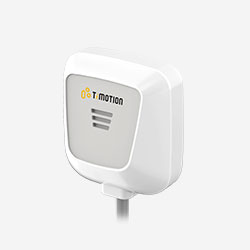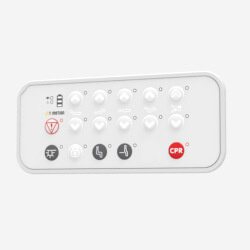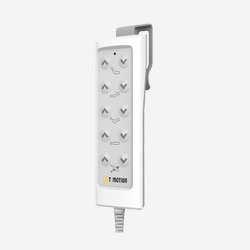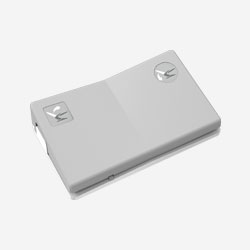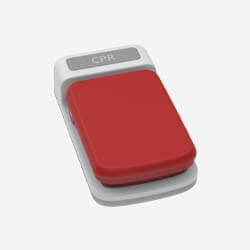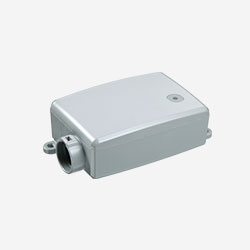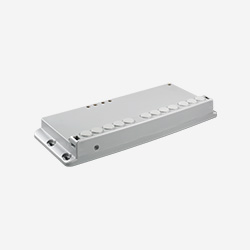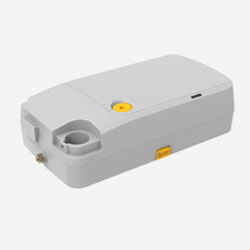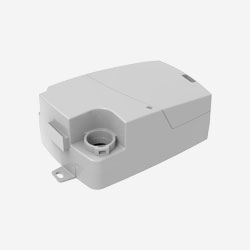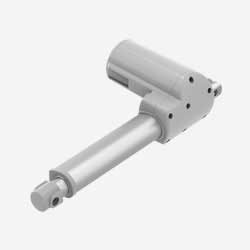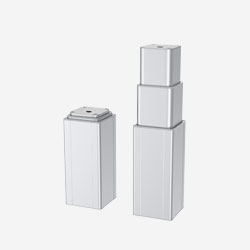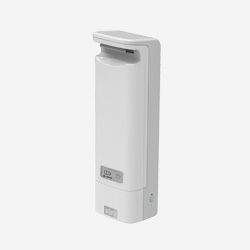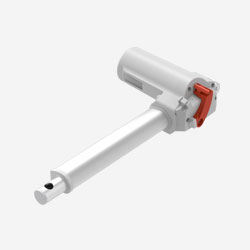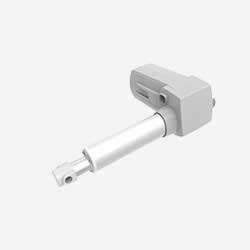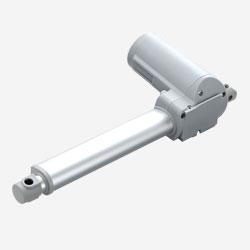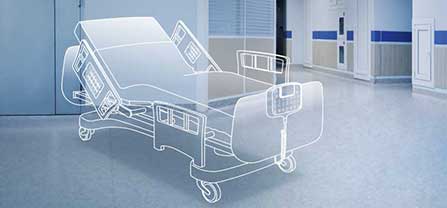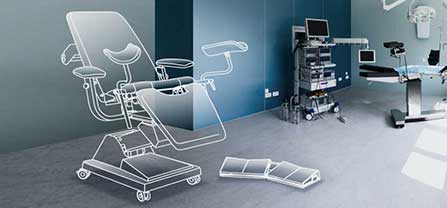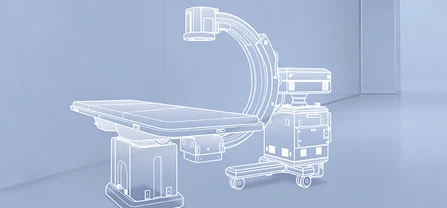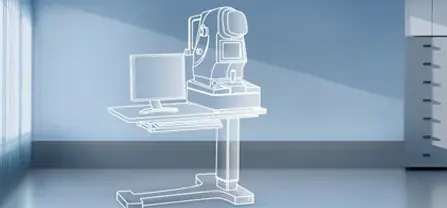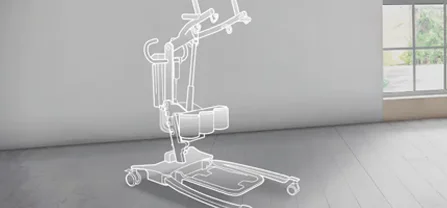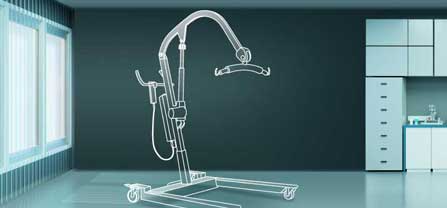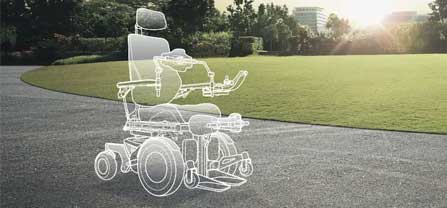2024/09/19
Types de lits d'hôpitaux et leur définition, avantages et utilisations
Actualités et articles
Designed to meet the complex needs of both patients and healthcare professionals, hospital beds offer far more functionality than regular beds. Equipped with advanced features, they enhance patient care, safety, and comfort, playing a crucial role in the recovery process. From assisting with medical procedures to improving patient well-being and care efficiency, hospital beds are indispensable in healthcare. Available in a range of models- from basic manual beds to high-tech fully electric options- these specialized solutions are tailored to meet the unique needs of every patient and healthcare setting.
Types of Hospital Beds
Modern hospital beds provide unmatched adaptability, enabling patients to adjust them effortlessly to meet their changing needs. The key distinction between various types of hospital beds lies in the mechanism that powers their functions. Hospital beds generally fall into three categories- manual, semi-electric, and fully electric-each designed to enhance patient care and comfort in unique ways.
1. Manual Hospital Beds
Manual hospital beds are adjusted using hand cranks to change the height and the positions of the head and foot sections. While more affordable than electric models, these beds require physical effort for adjustments.
The main advantages of manual beds are their affordability and reliability, as they don't rely on electricity. However, the need for manual effort can be a limitation in situations where quick adjustments are necessary or where caregivers face physical challenges.
Manual beds are ideal for environments where frequent adjustments aren’t required or where budget constraints are a priority. They are well-suited for patients who require minimal repositioning for comfort or medical needs.
2. Semi-Electric Hospital Beds
Semi-electric hospital beds offer a balance of manual and electric controls. The head and foot sections are typically adjusted with electric controls, while the height is adjusted manually.
These beds provide an ideal middle ground between manual and fully electric options, offering ease of use without the full cost of electric models. However, manual height adjustment can still be a challenge in emergency or intensive care situations.
Semi-electric beds are well-suited for patients who need moderate adjustments to the head and foot sections but can manage without frequent height changes. This makes them a cost-effective solution for those seeking comfort and convenience without the need for constant repositioning.
3. Fully Electric Hospital Beds
Fully electric hospital beds feature electrical controls for seamless adjustments to the height, head, and foot sections. With convenient remote controls, these beds allow effortless adjustments for both patients and caregivers.
The main advantages of fully electric beds are their ease of use, and the minimal physical effort required for operation, which promotes patient independence and improves caregiver efficiency. While these beds offer unmatched convenience, they come at a higher cost and require a reliable power source for optimal performance.
Fully electric beds are ideal for intensive care environments or situations where patients need significant support for mobility and frequent adjustments. Their advanced features ensure maximum comfort and care, making them the top choice for high-demand healthcare settings.
Special Types of Hospital Beds
Specialty hospital beds, such as ICU beds, long-term care beds, and bariatric beds, are carefully designed to address specific medical needs. These beds offer tailored care for diverse patient groups, improving both outcomes and comfort. In the following sections, we will explore the main types of specialty hospital beds, outlining their specific benefits and applications.
1. ICU Electric Beds
- Patient Group: Designed for critically ill patients who require intensive monitoring and frequent position adjustments.
- Key Features:
- Full Electric Adjustment: Offers comprehensive adjustment options, including head, foot, and overall bed tilt, to meet various medical needs.
- Integrated Monitoring Systems: Seamlessly integrates with patient monitors, ventilators, and other critical care equipment. Some models even feature built-in heart rate and temperature monitoring.
- Emergency Functionality: Includes an emergency CPR button that instantly flattens the bed for resuscitation efforts.
2. Long-Term Care Electric Beds
- Patient Group: Ideal for patients with chronic conditions, the elderly, or individuals with limited mobility who require extended bed rest.
- Key Features:
- Smooth Elevation: Allows for smooth height adjustments, facilitating patient care and reducing strain during repositioning.
- Multi-Position Adjustment: Provides multiple adjustment points for the head, waist, and legs, enabling patients to participate in daily activities like eating or watching TV while in bed.
- Comfort-Focused Design: Prioritizes comfortable mattresses and removable, washable covers to prevent bedsores and discomfort from prolonged bed rest.
3. Bariatric Electric Beds
- Patient Group: Designed for patients with higher body weight or mobility challenges, these beds are often used for bariatric patients or those requiring additional support.
- Key Features:
- Reinforced Structure: Built with a stronger frame than standard beds, capable of supporting higher weight capacities, typically over 500 pounds (227 kg).
- Spacious Design: Wider and longer than standard models, providing more space for patients to move or reposition comfortably.
- Powerful Motors: Equipped with powerful motor systems to ensure smooth adjustments, even under heavier loads.
As society ages, the need for advanced medical and long-term care solutions becomes increasingly important. With years of experience in manufacturing electric linear actuators and close collaboration with the healthcare industry, TiMOTION is well-positioned to provide reliable healthcare solutions. Our vertically integrated company manages every step of the manufacturing process, from design to actuator assembly, ensuring we deliver exceptional value and customized solutions tailored to your specific needs. Don’t hesitate—contact us today to create solutions that meet your requirements.
TiMOTION’s Innovation in Hospital Bed Technology
The future of hospital bed technology is advancing with a focus on integrating automated systems to improve patient care and enhance staff efficiency. Innovations include the adoption of integrated electric linear actuator systems for safer, quieter, and more efficient bed adjustments. Additionally, the increasing use of IoT technology is transforming healthcare environments, offering smarter, connected solutions that enhance both care and operational efficiency.
Electric linear actuation plays a crucial role in the development of modern hospital bed technology. With these mechanisms, hospital beds can be seamlessly adjusted with minimal effort and virtually no noise, improving patient comfort, safety, and overall care efficiency. By integrating electric linear actuators, healthcare providers can meet the specific needs of each patient while optimizing staff performance.
At TiMOTION, we drive innovation by delivering hospital bed solutions equipped with low-noise, stable, water-resistant, and high-capacity electric linear actuators. Our commitment to quality ensures that healthcare facilities are equipped with beds designed to meet various medical conditions and patient needs, enhancing patient care and streamlining caregiving.
To learn more about integrating these technologies into your products, contact us today.
Further reading:
Electric Linear Motion Systems For Hospital Applications
Linear Actuator Bed Lift For Adjustable Beds In Hospitals
Accessories for Medical Electric Linear Actuation Systems
Enhancing Surgical Precision: The Role of TiMOTION in Patient Positioning and Surgical Outcomes
